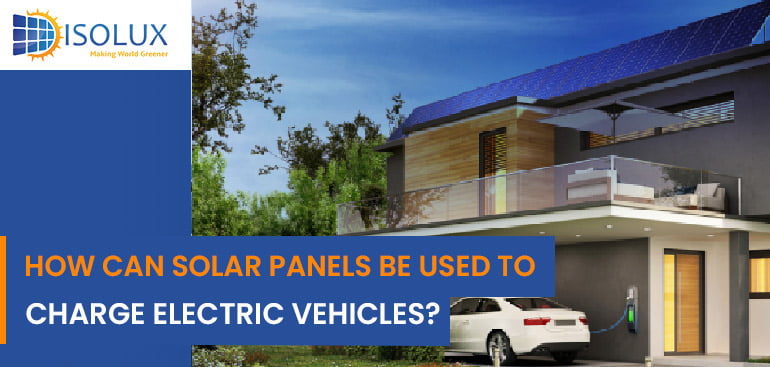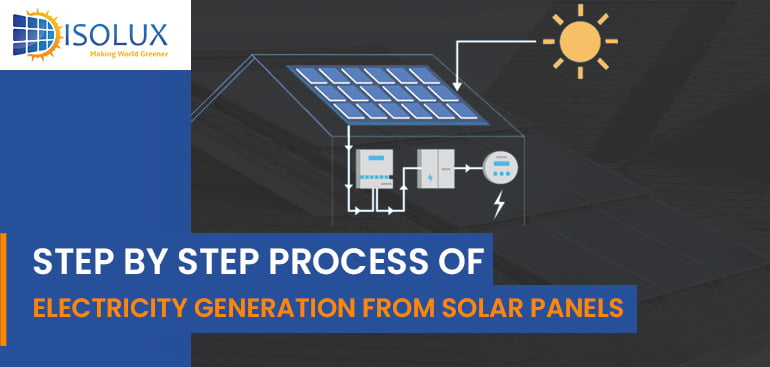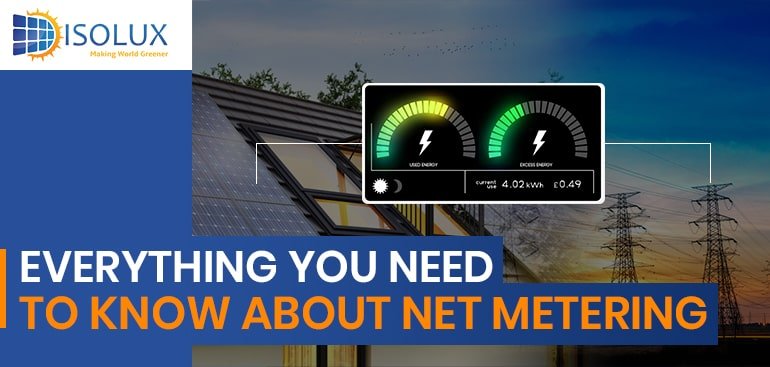With the price of fuels such as petrol and diesel going higher, there is a huge demand for electric vehicles (EVs) in Australia. A report suggests that more than 50% of Australians would consider purchasing EVs as their next vehicle. The solar industry has grown tremendously in Australia in the last decade with many solar panels being installed by solar companies in Sydney.
Compared to fuelling the vehicle at the pump, charging the EV with grid electricity is relatively cheaper. However, EV charging with residential solar panels is absolutely free. With the power generated using residential solar panels, an EV can be easily charged within a few hours.
What is Solar EV Charging?
Solar EV charging refers to EV charging with residential solar panels. In solar EV charging, the power generated by a solar system can be used to charge Electric Vehicles.
Understanding the Process of EV Charging with Solar Panel
The PV cells in solar panels fitted by the best solar panel installers in Sydney first absorb the energy from sunlight. This energy causes the electrons to move, which results in the generation of DC (direct current) power. The DC power is converted into AC power by the inverter.
The AC power is used for running the electric appliances at home and also for EV charging. The AC power produced is stored in a battery or directly utilized. If you already have a solar system installed, you would only need to purchase a home EV charging station.
Charging your EV with Solar Power
The easiest way to charge electric vehicles with residential solar panels is to plug the car into the home EV charging station during the day when the sun is shining. If the amount of solar power generated by the solar panel is greater than or equal to the amount being used by the EV for charging and also for running other appliances, no grid electricity would be required. The charging station will route power from the solar panels to the electric vehicle, via. charging port.
Benefits of EV Charging with Residential Solar Panel
Cost-effective than grid power.
Various incentives from the Australian government for solar power and EV ownership.
Independence from grid electricity
Remote charging is possible
How Many Solar Panels Would Be Required to Charge an EV?
The average mileage of an EV will be around 6 km for 1kWh of electricity in the battery. For an average Australian who drives 30 km per day, about 5kWh of electricity would be needed to charge the battery. On average, a 1 kW capacity solar panel would generate 4 kWh of electricity per day over the period of one year. So, for driving about 30 km per day, you would need to add 5 kWh of solar panels to your roof from the best solar panel installers in Sydney to compensate for the electricity that will be used by the EV.
EV charging with solar panel systems can help save nearly $1000 every year compared to fuel-based vehicles. By using solar panels from top solar panel installers in Sydney, we are moving towards a cleaner and sustainable future.
Get an obligation free quote from Isolux Solar to install a solar panel system on the roof.
Read Next Blog:
How Much Roof Space Is Required for Residential Solar Panels?




